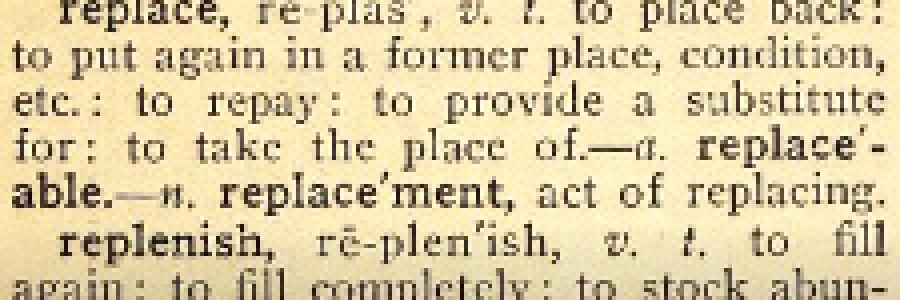"Replacement Theology" - Is It Wrong to Use the Term? (Part 4)
Read the series so far.
A Little More on the Reality of “Replacementism”
Theologian R. Kendall Soulen opens his book about supercessionism in church history with an explanation of what supercessionism is:
According to this teaching, God chose the Jewish people after the fall of Adam in order to prepare the world for the coming of Jesus Christ, the Savior. After Christ came, however, the special role of the Jewish people came to an end and its place was taken by the church, the new Israel. (The God of Israel and Christian Theology, 1-2)
This description matches our basic definition of supercessionism as “the switching out of “old Israel” with “new,” true Israel.” I think I have already proven that this teaching exists. I add to previous quotes this one from the Adventist theologian Hans LaRondelle. He is referencing Matthew 21:43:






Discussion